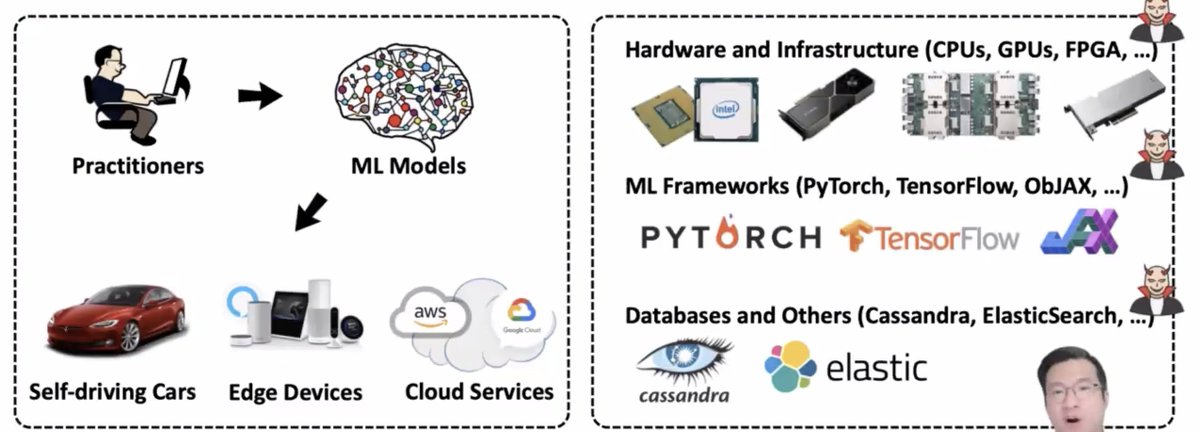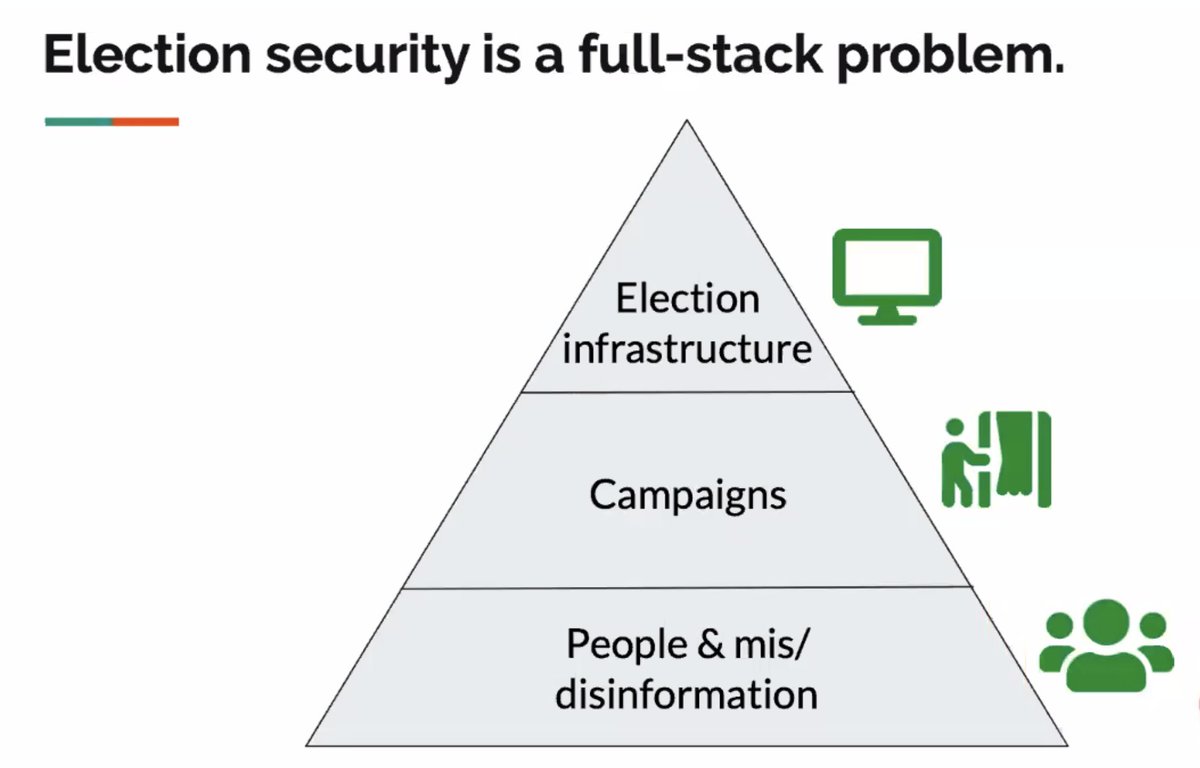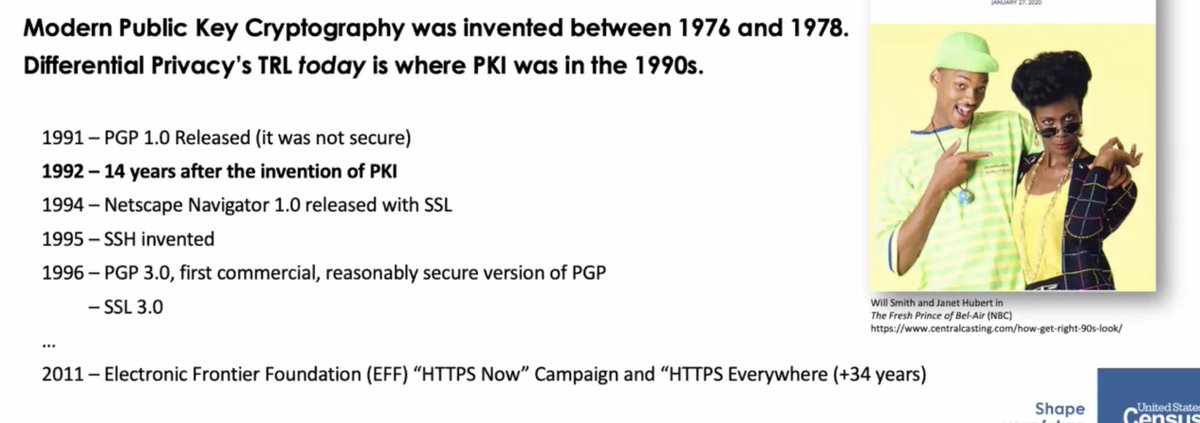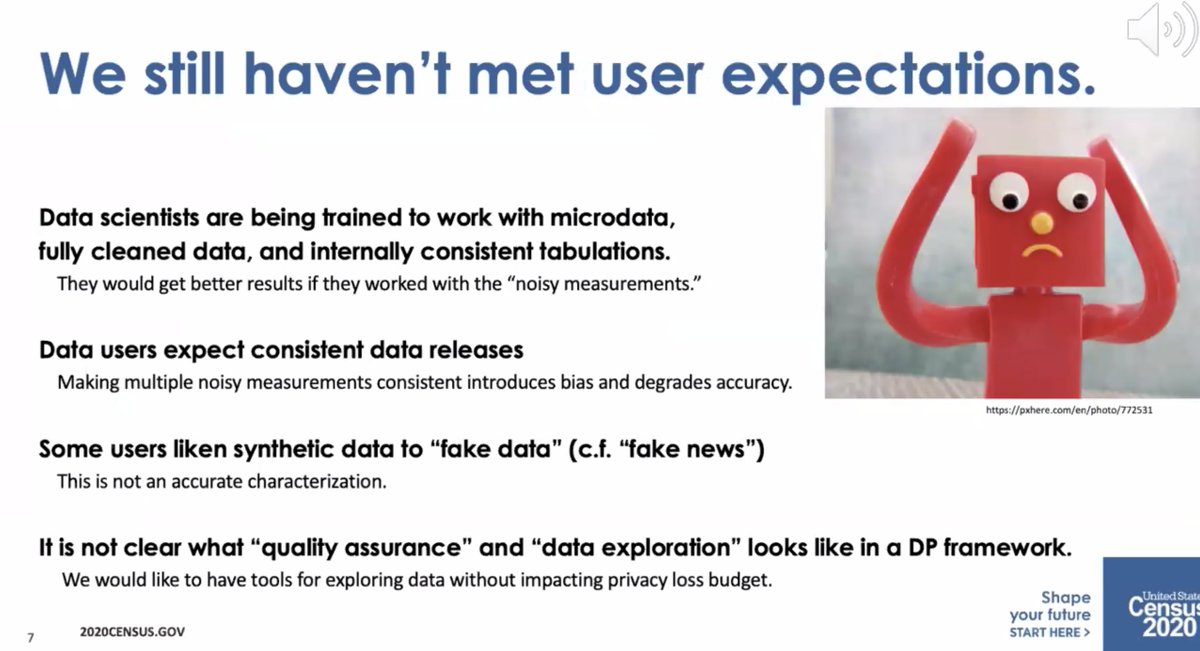Next up in Privacy Technology at #enigma2021, Kelly Huang from @ethyca speaking about "GONE, BUT NOT "FORGOTTEN"—TECHNICAL & PRACTICAL CHALLENGES IN OPERATIONALIZING MODERN PRIVACY
Now a user writes to request you delete their data. Where is it? How do you do that? Who's responsible for privacy in your business.
* access
* rectification
* deletion
Legal's trying to uphold them, but it's a technical question!
Legal wants to decrease risk but don't know software
It takes a lot of time to handle these requests, too!
They need a streamlined technical solution.
Average SMB has data in 10 different systems.
Some poor software engineer is trying to track down what data is where?
What even *is* PII? There's no real standard.
What should be returned? What should be deleted.
Make a definition and stick to it.
2. Find all the PII
3. Use pseudonymization to replace PII with some kind of random value which can't be tied back to the user
[reminder I am livetweeting this is not me speaking]
Maybe a centralized team who can handle this?
If you're a small company, plan ahead!
* you have a timeline -- often 30 or 45 days
* but that's not enough time if you haven't planned for streamlined speed
Ideally you won't need it, but have a backup plan, in case something goes wrong with a slow data system
More from Lea Kissner
More from Tech
Some random interesting tidbits:
1) Zuck approves shutting down platform API access for Twitter's when Vine is released #competition
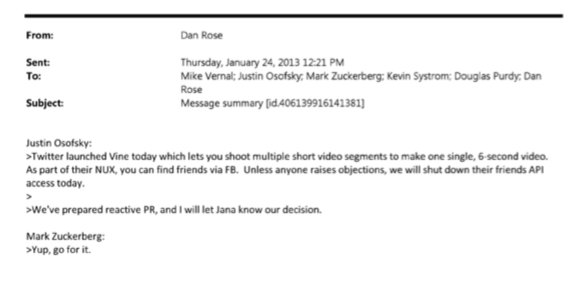
2) Facebook engineered ways to access user's call history w/o alerting users:
Team considered access to call history considered 'high PR risk' but 'growth team will charge ahead'. @Facebook created upgrade path to access data w/o subjecting users to Android permissions dialogue.
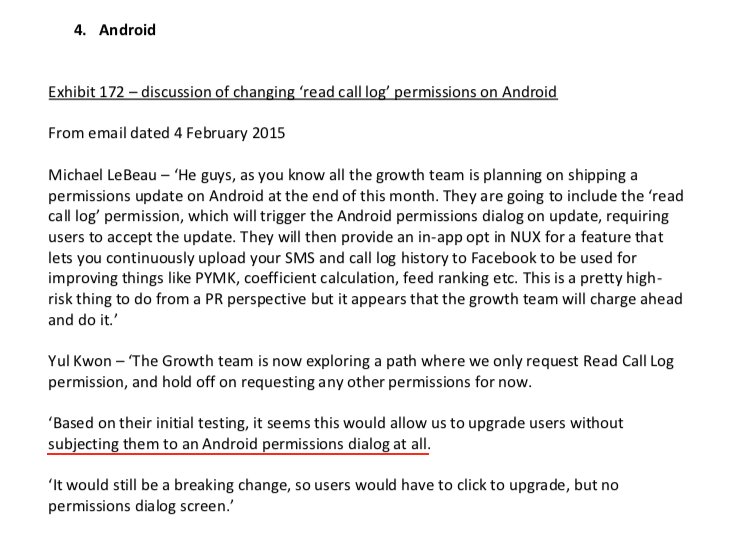
3) The above also confirms @kashhill and other's suspicion that call history was used to improve PYMK (People You May Know) suggestions and newsfeed rankings.
4) Docs also shed more light into @dseetharaman's story on @Facebook monitoring users' @Onavo VPN activity to determine what competitors to mimic or acquire in 2013.
https://t.co/PwiRIL3v9x
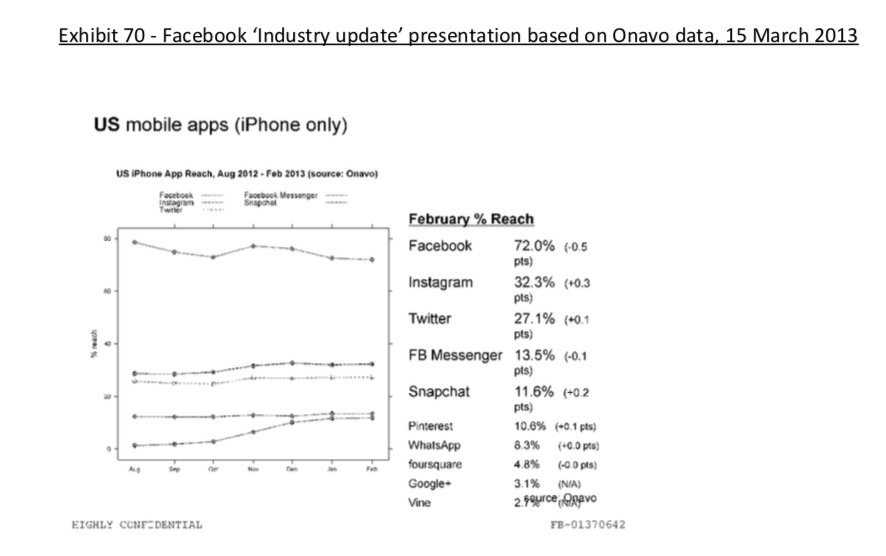
@MadhusudanKela @VQIndia @sameervq
My key learnings: ⬇️⬇️⬇️
Bubble or Bull Market? Join us for a short presentation and candid one on one on 27th Jan, 4pm with Shri \u2066@MadhusudanKela\u2069. \u2066@VQIndia\u2069 \u2066@sameervq\u2069 #bubbleorbullmarket pic.twitter.com/LBvlBrz6mS
— Ravi Dharamshi (@ravidharamshi77) January 24, 2021
First, the BEAR case:
1. Bitcoin has surpassed all the bubbles of the last 45 years in extent that includes Gold, Nikkei, dotcom bubble.
2. Cyclically adjusted PE ratio for S&P 500 almost at 1929 (The Great Depression) peaks, at highest levels except the dotcom crisis in 2000.
3. World market cap to GDP ratio presently at 124% vs last 5 years average of 92% & last 10 years average of 85%.
US market cap to GDP nearing 200%.
4. Bitcoin (as an asset class) has moved to the 3rd place in terms of price gains in preceding 3 years before peak (900%); 1st was Tulip bubble in 17th century (rising 2200%).
You May Also Like
@NBA @StephenKissler @yhgrad 1. From Day 1, SARS-COV-2 was very well adapted to humans .....and transgenic hACE2 Mice
1. From Day 1, SARS-COV-2 was very well adapted to humans .....and transgenic hACE2 Mice
— Billy Bostickson \U0001f3f4\U0001f441&\U0001f441 \U0001f193 (@BillyBostickson) January 30, 2021
"we generated a mouse model expressing hACE2 by using CRISPR/Cas9 knockin technology. In comparison with wild-type C57BL/6 mice, both young & aged hACE2 mice sustained high viral loads... pic.twitter.com/j94XtSkscj
@NBA @StephenKissler @yhgrad 2. High Probability of serial passaging in Transgenic Mice expressing hACE2 in genesis of SARS-COV-2
1. High Probability of serial passaging in Transgenic Mice expressing hACE2 in genesis of SARS-COV-2!
— Billy Bostickson \U0001f3f4\U0001f441&\U0001f441 \U0001f193 (@BillyBostickson) January 2, 2021
2 papers:
Human\u2013viral molecular mimicryhttps://t.co/irfH0Zgrve
Molecular Mimicryhttps://t.co/yLQoUtfS6s https://t.co/lsCv2iMEQz
@NBA @StephenKissler @yhgrad B.1.1.7 has an unusually large number of genetic changes, ... found to date in mouse-adapted SARS-CoV2 and is also seen in ferret infections.
https://t.co/9Z4oJmkcKj

@NBA @StephenKissler @yhgrad We adapted a clinical isolate of SARS-CoV-2 by serial passaging in the ... Thus, this mouse-adapted strain and associated challenge model should be ... (B) SARS-CoV-2 genomic RNA loads in mouse lung homogenates at P0 to P6.
https://t.co/I90OOCJg7o



